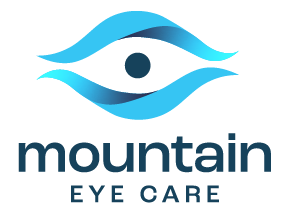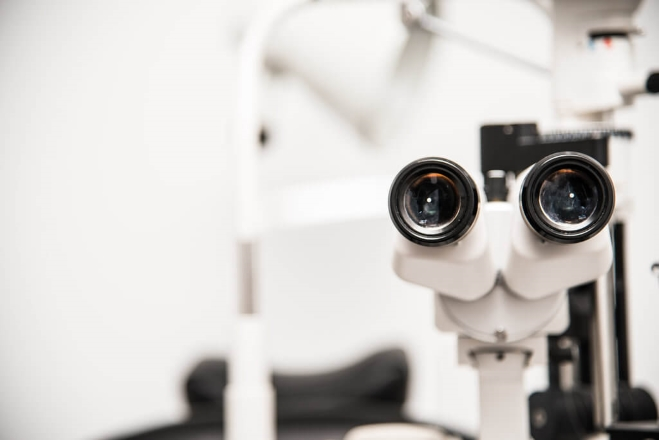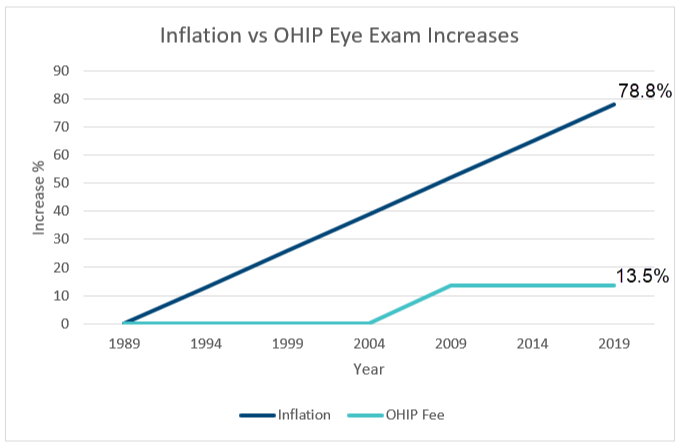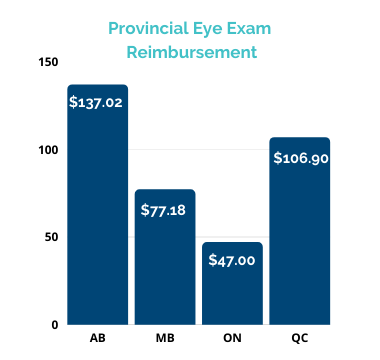The Importance of Regular Eye Exams: How Often Should You Get Your Eyes Checked?
A common question patients often pose to eye care professionals is, “How often should I have an eye exam?” While the general rule is that adults should schedule eye exams every one to two years, this frequency can vary depending on a multitude of factors, including your age, health history, and eye condition. Regular eye examinations are crucial for maintaining good eye health and early detection of eye conditions.
Age
Age is an integral factor in determining the frequency of your eye examinations. As you age, the risk for eye diseases increases.
For infants and children, their vision is consistently changing and developing. Pediatricians typically perform the initial vision screening during the child’s regular checkups. The American Academy of Ophthalmology and the American Optometric Association recommend an in-depth eye examination for children at six months, three years, and before starting school, then every two years if no vision correction is required.
For adults between the ages of 20 and 39, eye examinations should take place every five to ten years if you’re not experiencing any vision problems. However, if you wear glasses or contact lenses, annual checkups are more suitable.
Individuals between the ages of 40 and 64 should consider eye exams every two to four years. Once you cross the age of 65, an annual eye examination becomes more essential as age-related eye conditions like cataracts, glaucoma, and macular degeneration become more prevalent.
Health History and Lifestyle
Your overall health and lifestyle play significant roles in determining the frequency of eye examinations. If you have a family history of eye disease or you suffer from a chronic disease like diabetes or high blood pressure, regular yearly examinations are crucial. These conditions can lead to eye complications that may cause vision loss if not diagnosed and treated early.
For those who frequently use digital screens, regular eye exams can help monitor and manage digital eye strain or computer vision syndrome. The same applies to individuals with high-stress lifestyles, as stress can significantly impact eye health.
Eye Condition
The frequency of eye exams is also dependent on your existing eye condition. Individuals with refractive errors like myopia, hypermetropia, or astigmatism who use glasses or contact lenses should have yearly check-ups to ensure their prescription remains accurate.
For those with chronic eye conditions such as glaucoma, age-related macular degeneration, or diabetic retinopathy, more frequent check-ups may be necessary. Your eye care professional will provide a tailored schedule based on your specific needs.
The Bottom Line
Eye exams are more than just testing your visual acuity. They’re essential preventive measures to ensure your eyes remain healthy and to catch any potential issues early. While these guidelines provide a rough estimate, remember that the best source of advice is your eye care professional. They’ll take into account your unique circumstances and guide you on the appropriate schedule for your eye examinations.



